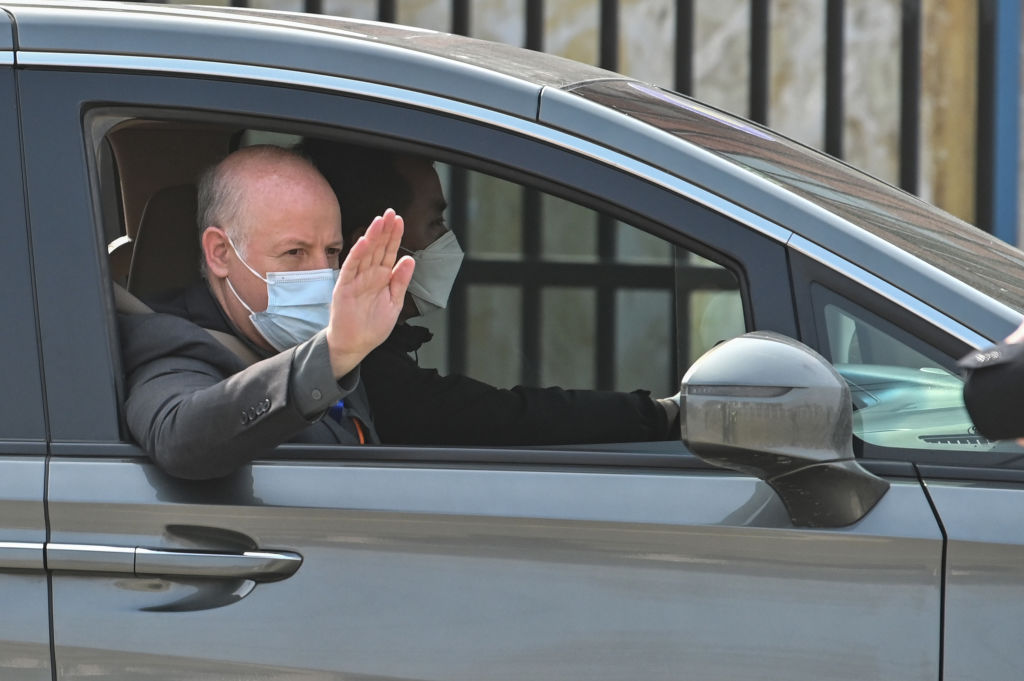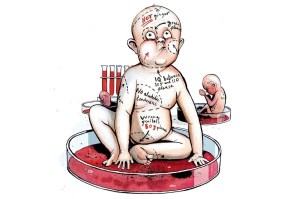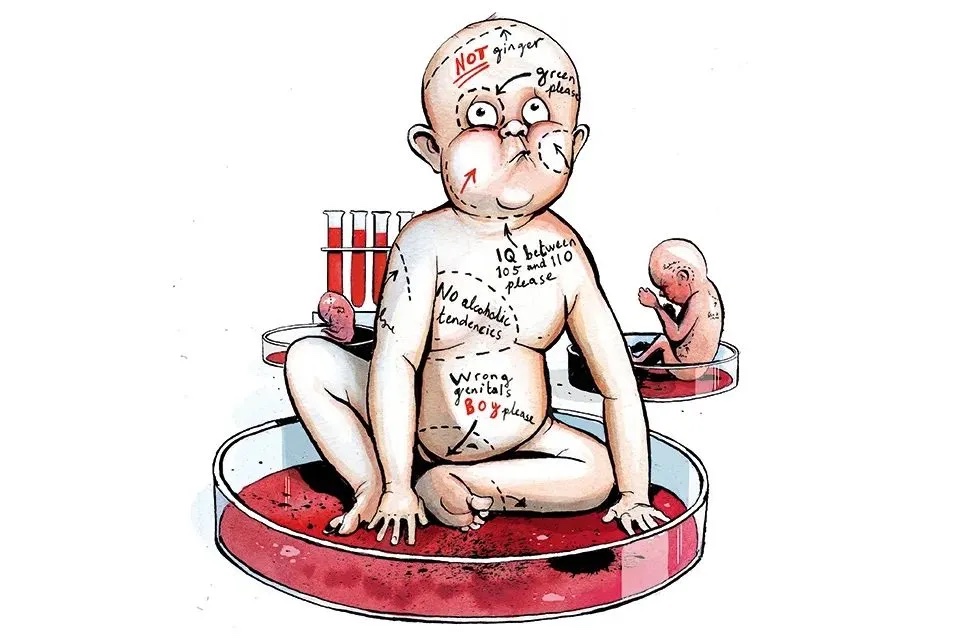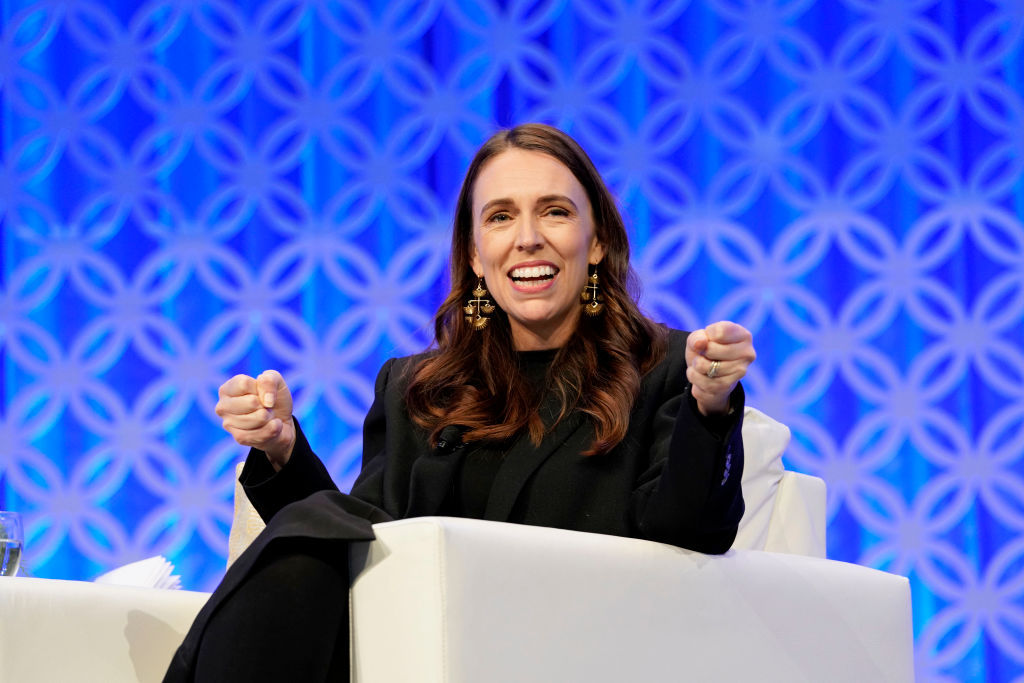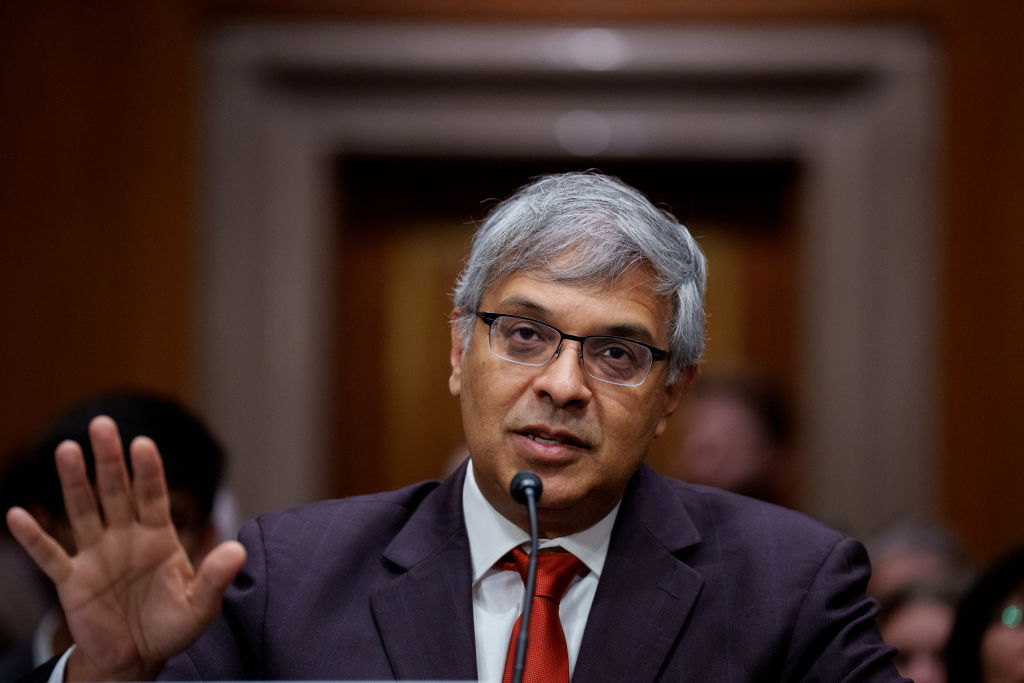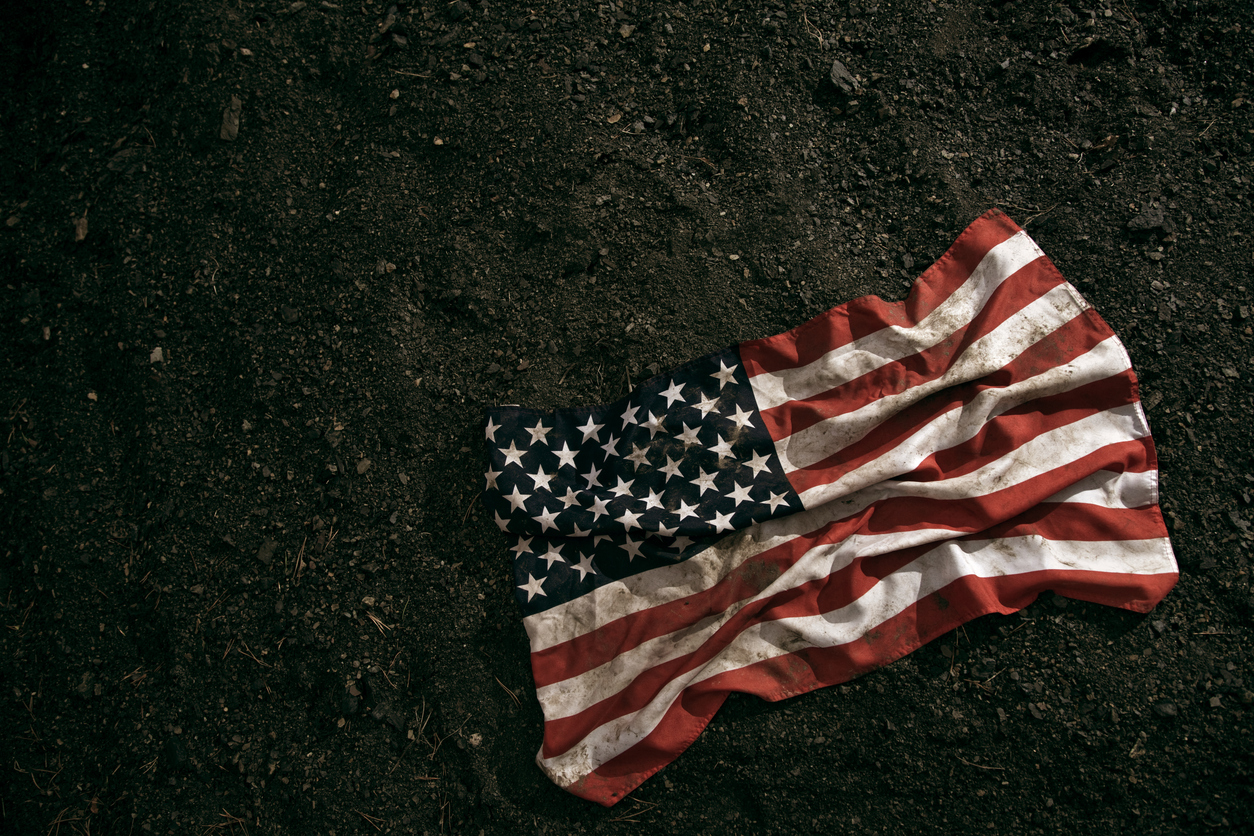During the height of the coronavirus, the Department of the Interior teamed up with a scandal-plagued nonprofit organization to investigate whether humans can infect bats with Covid-19. According to hundreds of pages of internal documents obtained by the watchdog group Protect the Public’s Trust, or PPT, the Department of the Interior worked hand in glove with EcoHealth Alliance through subsidiary agencies.
These latest revelations come days after the Office of the Director of National Intelligence released a report in which one intelligence agency assessed with moderate confidence that “the first human infection with SARS-CoV-2 most likely was the result of a laboratory-associated incident, probably involving experimentation, animal handling or sampling by the Wuhan Institute of Virology.”
Beyond the ODNI conclusions, recent reporting revealed that the first humans to contract Covid-19 were three Chinese scientists at the Wuhan Institute of Virology.
While key American policymakers, such as Senator Tom Cotton, were being lambasted for promoting a “fringe theory”-turned consensus opinion that Covid-19 leaked from the WIV, the US government was relying closely on EcoHealth Alliance for its research.
The DoI was researching, through the US Geological Survey and US Fish and Wildlife Service, whether humans could infect American bats with Covid-19. In one instance, the departments published a study, “Assessing the Risks Posed by SARS-CoV-2 in and via North American Bats — Decision Framing and Rapid Risk Assessment,” that relied on EcoHealth Alliance far more heavily than the sparse mentions of EHA would suggest.
PPT points to two key EHA connections to the study. One of its authors is Kevin J. Olival, EHA’s vice president for research, and a member of the “expert panel” for the study, Jonathan Epstein, is EHA’s vice president for science and outreach.
“The significance of the expert panel for this study cannot be overstated,” PPT notes. “The study acknowledges, ‘Ideally, we would obtain parameter estimates from empirical data and associated mathematical models. Because these information are unavailable and time is of the essence for decision makers, we aim to use an expert panel…’ In short, the subjective experience of the experts is apparently being substituted for the gathering of empirical data for purposes of the study at hand.”
Some reliance on expert panels might be necessary, especially given China’s complete stonewalling of any efforts to study the coronavirus pandemic. However, the government’s adamance about working closely with EcoHealth — especially through little known, smaller agencies — is concerning.
“Resources were flowing into EcoHealth Alliance from corners of the federal government few people would have expected,” PPT executive director, Michael Chamberlain, told The Spectator. “Agencies continued to shovel money out the door to an organization involved in very dangerous research, even after allegations of compliance failures and reporting violations.”
PPT’s revelations also prompted demands from Congress for accountability for EHA. “It’s becoming clearer and clearer by the day just how involved the federal government was with funding EcoHealth Alliance leading up to and during the pandemic,” Representative Greg Murphy, who co-chairs the House GOP’s Doctor Caucus, told me.
“EcoHealth Alliance continues to be at the heart of the origins of the Covid pandemic, and I’ve called for stripping EHA of its federal funding and auditing the funds it received over the last decade. This revelation reinforces my position further,” he said.
The Spectator previously reported about extensive problems plaguing EHA, with specific regard to Covid-19 funding it received. In one particularly contentious congressional hearing, Representative Morgan Griffith lashed out at EHA. “EcoHealth Alliance violated their contract, they were negligent, they were sloppy and they didn’t do their job,” the Virginia Republican said. “Why in the world wouldn’t we debar them?”
Earlier reporting in Vanity Fair detailed how EcoHealth, under the leadership of its polarizing director Peter Daszak, delayed required reports, fell into massive budget shortfalls and transformed into “a government-funded sponsor of risky, cutting-edge virus research in both the US and Wuhan, China.”
Additionally, the House Oversight Committee’s Select Subcommittee on the Coronavirus Pandemic released internal emails it obtained showing that Daszak worked closely with NIH scientists who used their personal email addresses in attempts to avoid Freedom of Information Act (FOIA) requests.
In one email the committee released, Daszak wrote that “the lab leakers are already stirring up bullshit lines of attack that will bring more negative publicity our way — which is what this is about — a way to line up the [gain-of-function] attack on Fauci, or the ‘risky research’ attack on all of us.”



